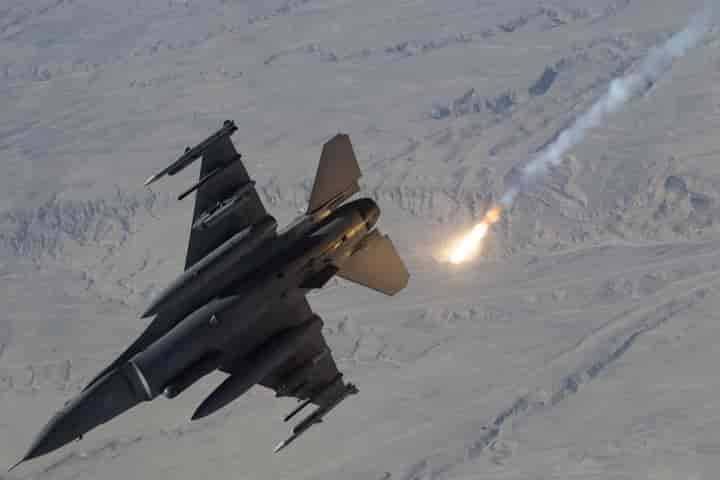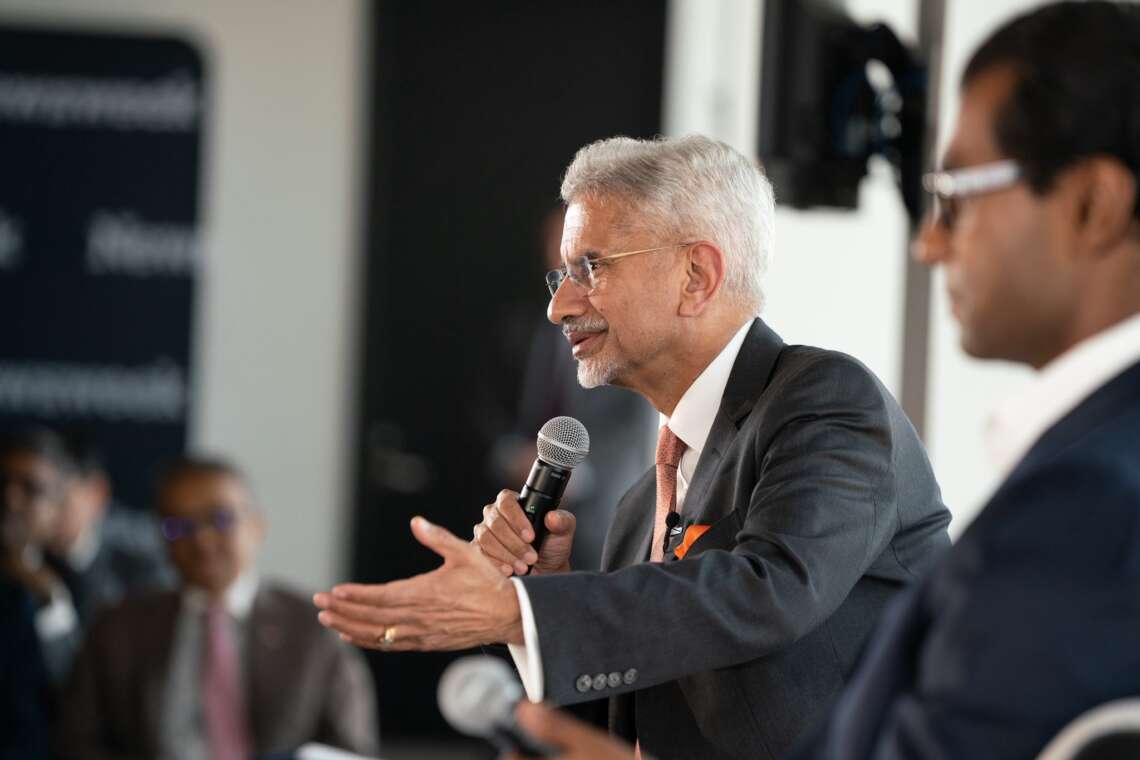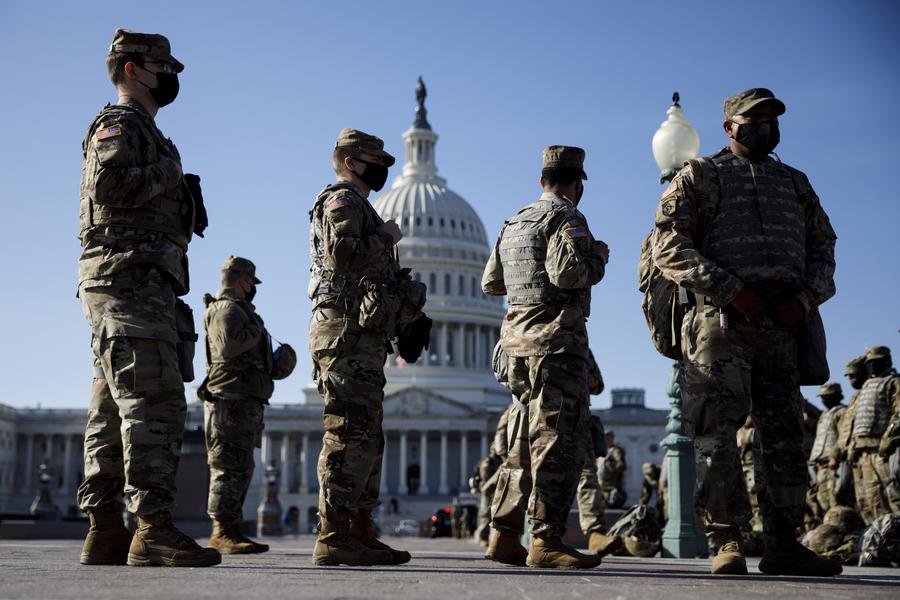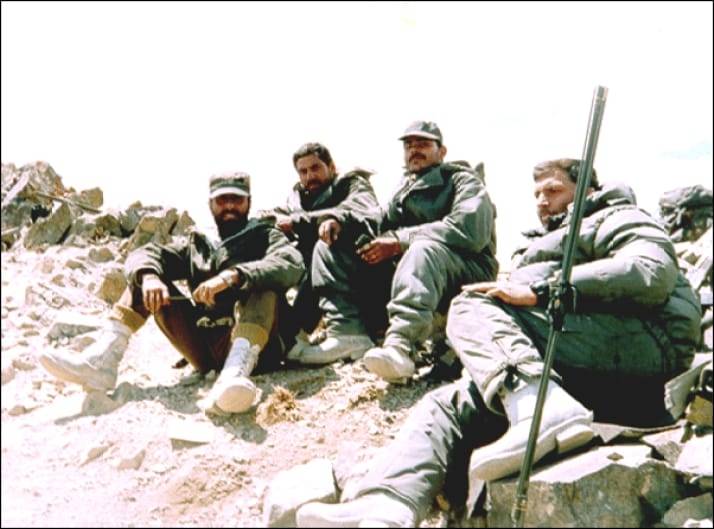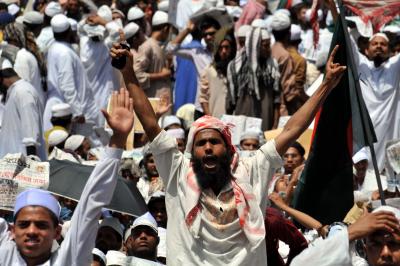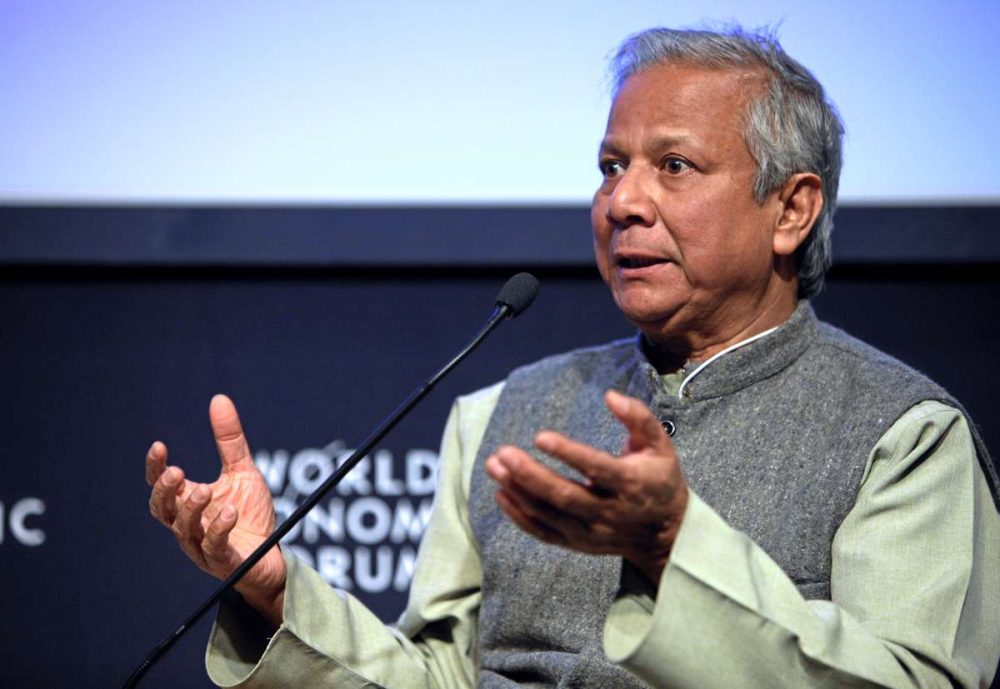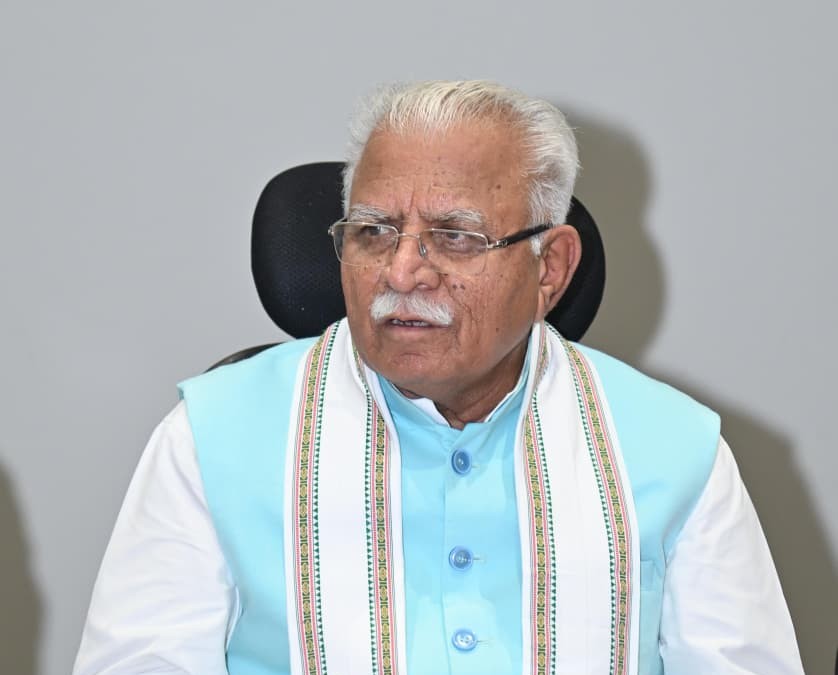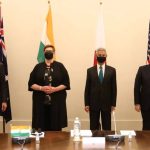Since last week the US has been carrying out multiple air strikes on Taliban strongholds in support of Afghan army…reports Asian Lite News
Indications from the United States that it could continue bombing Taliban strongholds beyond August 31, when Washington officially departs from the war-torn Afghanistan is bad news for the extremist group as well as its backers–Pakistan and China.
Since last week the US has been carrying out multiple air strikes on Taliban strongholds in support of Afghan army. The main targets are being struck in southern Kandahar province, the historic stronghold of the Taliban, and in Kunduz in the north where the government forces are facing increasing pressure from the Taliban.
So far, the US was meant to launch air strikes only against Al Qaeda and the Islamic State, and not the Taliban after August 31. But since the Taliban has started flouting the rules of the Doha accords with a sweeping attempt to capture territory, the old rules of engagement are now up in smoke. The sudden fragility in the situation is bad news for Pakistan and China — both supporters of the Taliban, which wish to occupy and command the strategic space in the heart of the Hindukush to assert their influence in vast territory in Central Asia, South Asia and the Middle East.
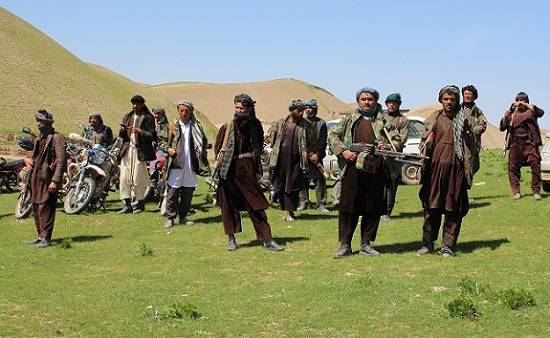
The series of the US strikes by the drones and bombers has steeled the defiant response of the Afghan government against the Taliban onslaught. After the meeting with the Afghan President Ashraf Ghani on Sunday, General Kenneth McKenzie, head of the US Army Central Command told the media that Washington is prepared to continue this heightened level of support in the coming weeks if the Taliban continue their attacks. “I reassured the government that we will continue to provide airstrikes in defence of ANDSF forces under attack by the Taliban, contract logistic support both here in Kabul and “over-the-horizon” in the region, funding for them, intelligence sharing and advising and assisting through security consultation at the strategic level,” Tolo news reported him as saying.
President Ghani had said last week that he has made an extensive “security plan” after discussing his advisors and experts which will surely change the situation in the coming six months. He also spoke to the US President Biden on July 24 and discussed the plan. “President Biden reassured me that support for the ANDSF will continue. We have confidence that they will protect and defend Afghanistan,” Ghani said.
Acknowledging the existence of a new plan , McKenzie told the media: “We had very good dialogue on the government’s defence plan to stabilise the security situation.”
Without giving details, he gave all indications that the US will maintain this capability after the withdrawal, so it’s possible that the US will continue bombing Afghanistan beyond September. He refused to talk about the air strike operations.
ALSO READ: India’s pride reaches home
In response the Taliban has warned the US that airstrikes in Kandahar and Helmand provinces will have consequences, calling them a violation of the Doha agreement. Taliban spokesman in Afghanistan, Zabihullah Mujahid asserted that ,”We confirm these air strikes and we condemn this in strongest term, it is a clear attack and violation of the Doha deal as they can’t have operations after May.” Mujahid was apparently referring to an agreement between the US and the Taliban clearing the way for the withdrawal of US forces. “If they conduct any operation then they will be responsible for the consequences.”
The US has countered the Taliban’s claim, pointing out that it’s the Taliban which has violated the agreement by maintaining close ties with al-Qaeda and other foreign terrorist organisations in Afghanistan.
According to a latest report released by the Analytical Support and Sanctions Monitoring Team of the United Nation Security Council, Al-Qaeda is present in at least 15 Afghan provinces, primarily in the eastern, southern and south-eastern regions and operating under Taliban protection. The Islamic State in Iraq and the Levant-Khorasan (ISIL-K) has moved into other provinces, including Nuristan, Badghis, Sari Pul, Baghlan, Badakhshan, Kunduz and Kabul, where fighters have formed sleeper cells. The group has strengthened its positions in and around Kabul, where it conducts most of its attacks, targeting minorities, activists, government employees and personnel of the Afghan National Defence and Security Forces.
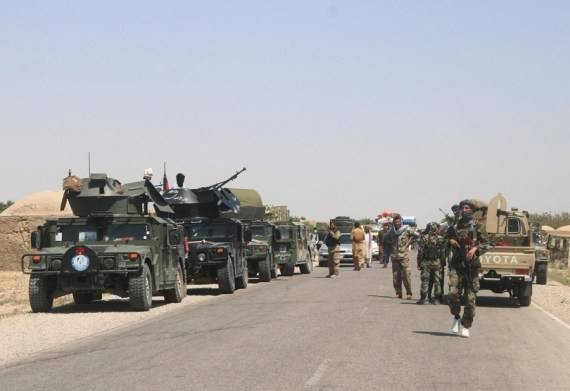
The terror organisations like the Islamic Movement of Uzbekistan (IMU), Khatiba Imam al-Bukhari (KIB), Khatiba Imam al-Bukhari (KIB), Islamic Jihad Group (IJG) Tehrik-e Taliban Pakistan (TTP) and ETIM are very active and except ISIL-K, all groups are operating under the Taliban.
Even though the US airstrikes have given Afghan forces some tactical advantage and boosted morale, there is no doubt that the Ghani government faces tough days ahead. Afghan security forces are locked in battle with the Taliban militants to reclaim the lost territories and turn the tide. However, the Afghan army can turn the tide if it can successfully and sustainably deploy air power — something that the Taliban lacks.
“We’re actually pretty aggressively pushing aircraft into there,” McKenzie promised. By this month’s end, the Afghan army will get seven UH60 helicopters and four MD 530F gunships and nine Mi-17 helicopters will be handed over before the end of September.
On Saturday, US defence secretary said at the US air force base in Alaska that Afghan military leaders are “committed” and capable of stopping Taliban gains.
“They have the capabilities. They have the capacity to make progress and to really begin to blunt some of the Taliban’s advances, but we’ll see what happens,” he said.
(The content is being carried under an arrangement with indianarrative.com)


